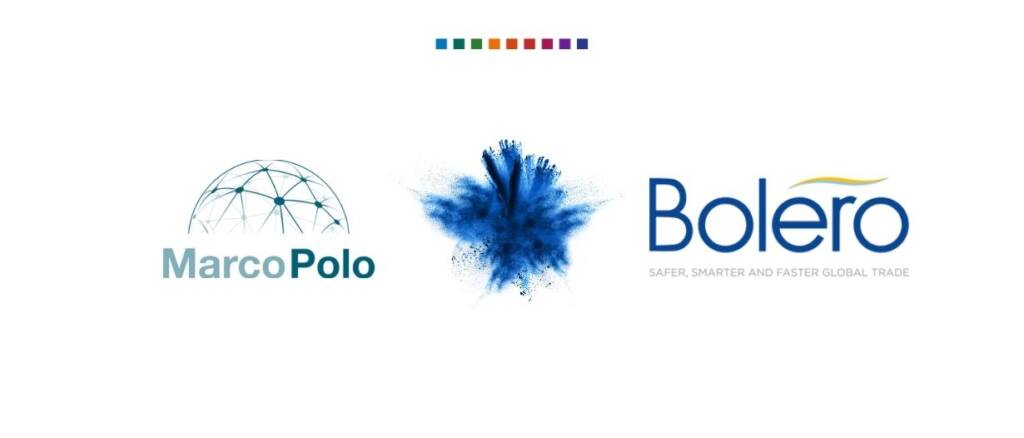Bolero is now part of the Marco Polo Network to advance digital trade settlement leveraging electronic Bill of Ladings and other digital documents
August 5th 2020 (London / Dublin) – Leading Trade Digitisation provider Bolero International has joined the Marco Polo, to bring Bolero’s e-Bill of Lading (BL) including e-documents and e-presentation solutions to the trade finance network.

Earlier this year, Bolero International has successfully launched its new Galileo platform to future-proof digital trade finance services for banks, corporates, carriers, and other trade eco-systems.
With an enhanced user experience powered by a single intelligent platform, Galileo delivers greater functionality and seamless integration with third-party systems, providing end-to-end visibility to corporate clients and banks.
Making the Bolero solutions available on Marco Polo will expand the matching options for the network’s Payment Commitment solutions and will be fully customizable and available to any participant.
Until recently, processing trade finance transactions such as letters of credits were mainly paper-based, manual, and time-consuming. But since underlying trade flows were also slow, transactions were not impairing intermodal flows in a substantial manner. With digitalization and by leveraging blockchain technology, the velocity of financial and informational flows are better synchronized with the velocity of the physical transactions.
The partnership between Bolero and the Marco Polo Network will ultimately provide a fully integrated trade settlement process allowing corporates and banks to increase the capacity and velocity of their trade transactions whilst facilitating rapid decision-making.
Any trade transaction consists of three layers, consisting of physical, financial, and information flows. Until now, these layers have been operating separately in multiple, different, and siloed data systems. On the journey to digitising Trade Finance, the Bolero and the Marco Polo solutions work in parallel.
The partnership constitutes a major milestone for the industry and acts as a catalyst for further changes. It streamlines the handling and conditional release of e-documents by using data-sets with the matching functionality of the Payment Commitment Module of the Marco Polo Network and will combine handling of digital trade data with transfer of ownership by means of an e-BL.
The member banks of the Marco Polo Network are eager to further digitise their trade offerings to their corporate clients which will increase transparency and visibility, further reduce risk and create new trigger points to finance trade and improve working capital.
Currently, more than thirty banks including BNY Mellon, Bank of America, BNP Paribas, Commerzbank, ING, LBBW, RBI, and SMBC are part of the Marco Polo Network, making it the largest and fastest-growing trade finance network leveraging blockchain technology in the world. The Marco Polo Network is an open network for members, partners and third-party service providers. The partnership with Bolero is one significant step on the long journey to fully digitise trade.

“It has never been more vital for businesses to ensure that they can keep at pace with the digitalisation of their trade process and interaction with their banks,” commented Andrew Raymond, CEO at Bolero. “With over 90% of world trade transported by sea, Bolero’s eBL and e-documents solutions will ultimately allow members of the Marco Polo Network to have access to actionable business intelligence via the underlying Corda blockchain. This partnership will continue to facilitate trade finance transactions on distributed ledger technology (DLT) by further automating the trade finance and supply chain’s settlement processes like never before.”

“Global supply chains rely on a massive volume of information that must be managed and matched in real-time. The future of efficient and compliant global trade relies on the better flow of information across the value chain,” said Rob Barnes, CEO of TradeIX. “With Bolero and Marco Polo joining forces, financial institutions will be able to rely on DLT and the distributed network and platforms to meet and surpass their corporate clients’ expectations. We strongly believe that this will serve as a key competitive advantage for all members operating on the Marco Polo Network.”





























